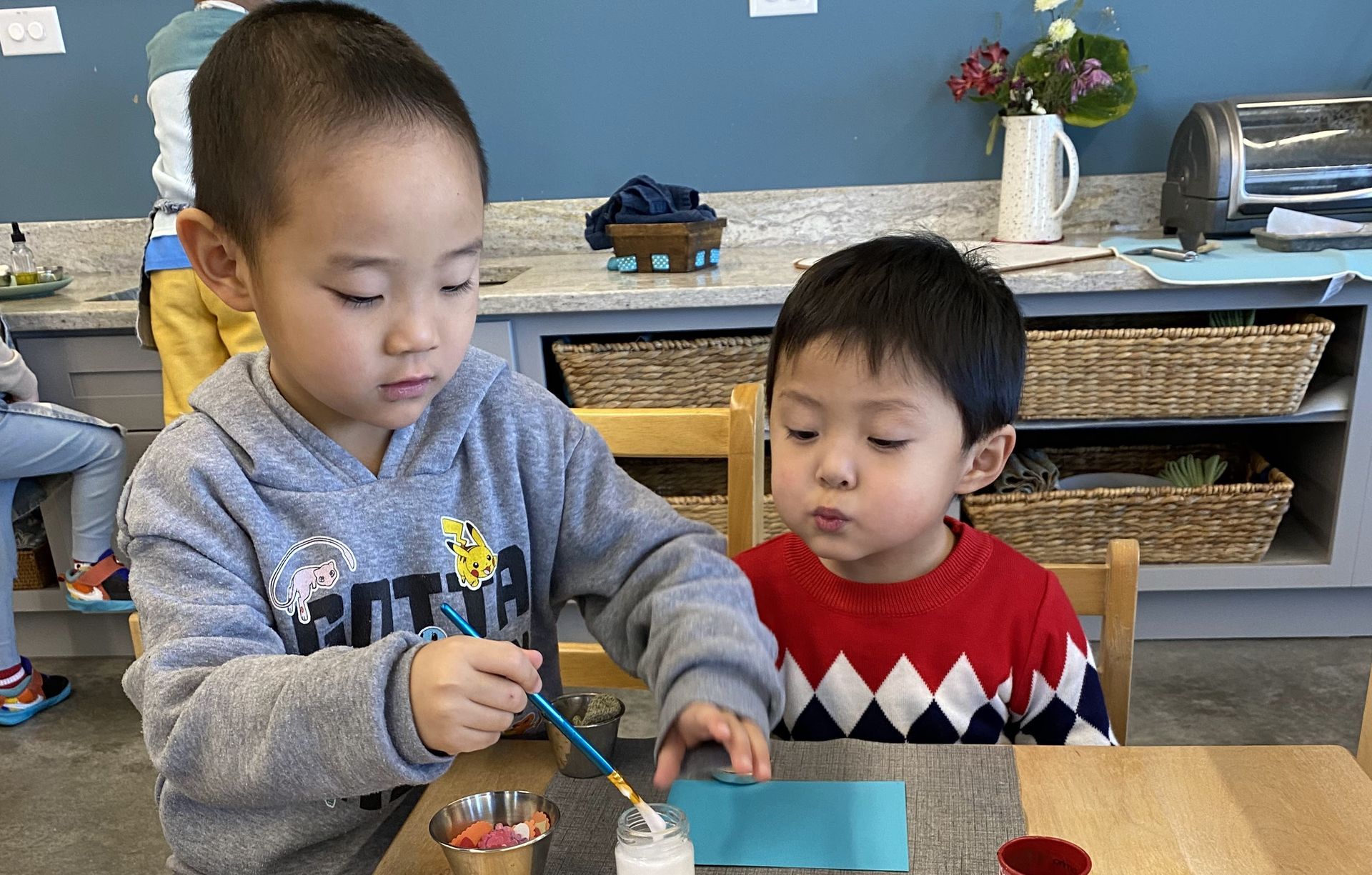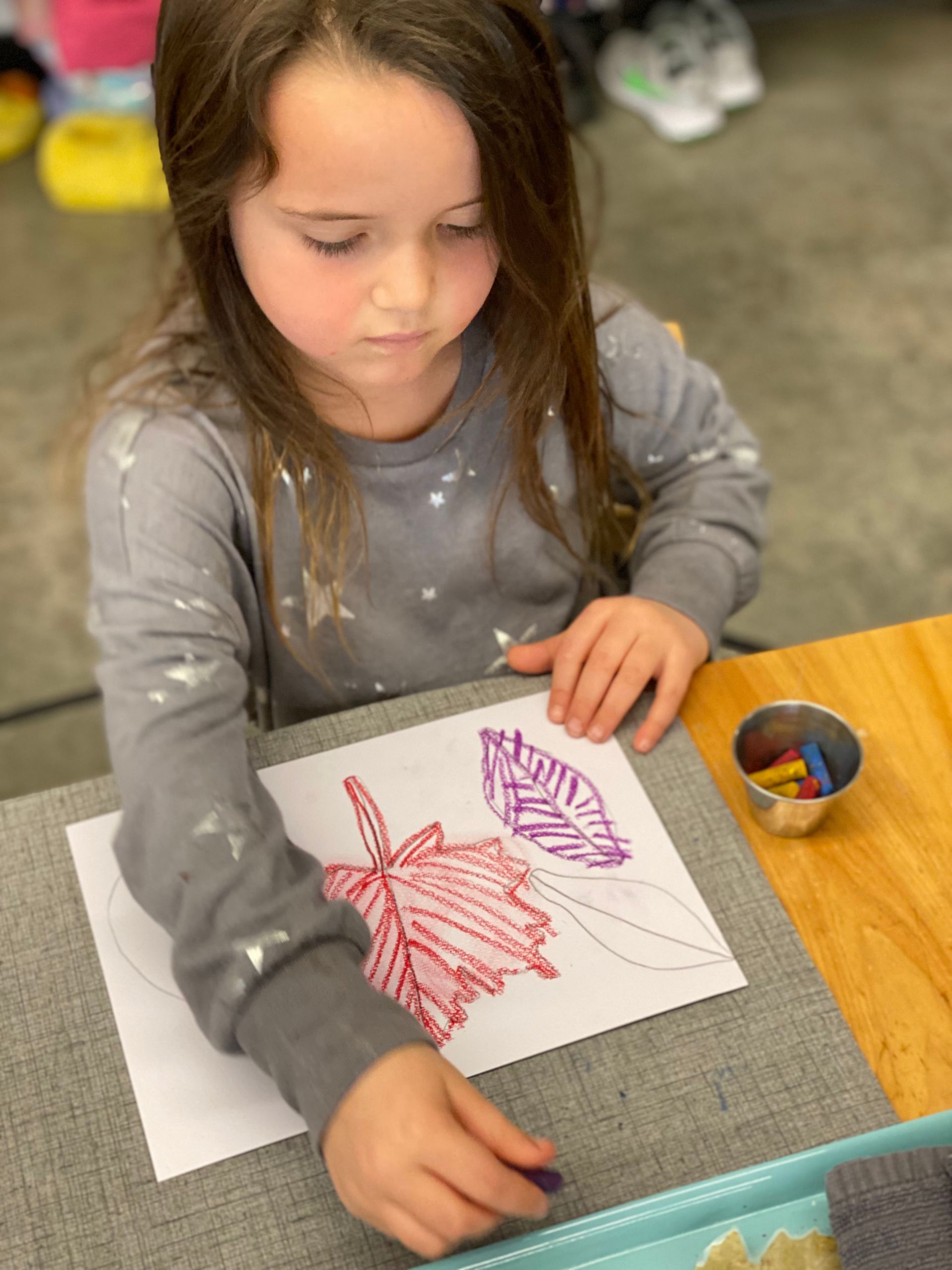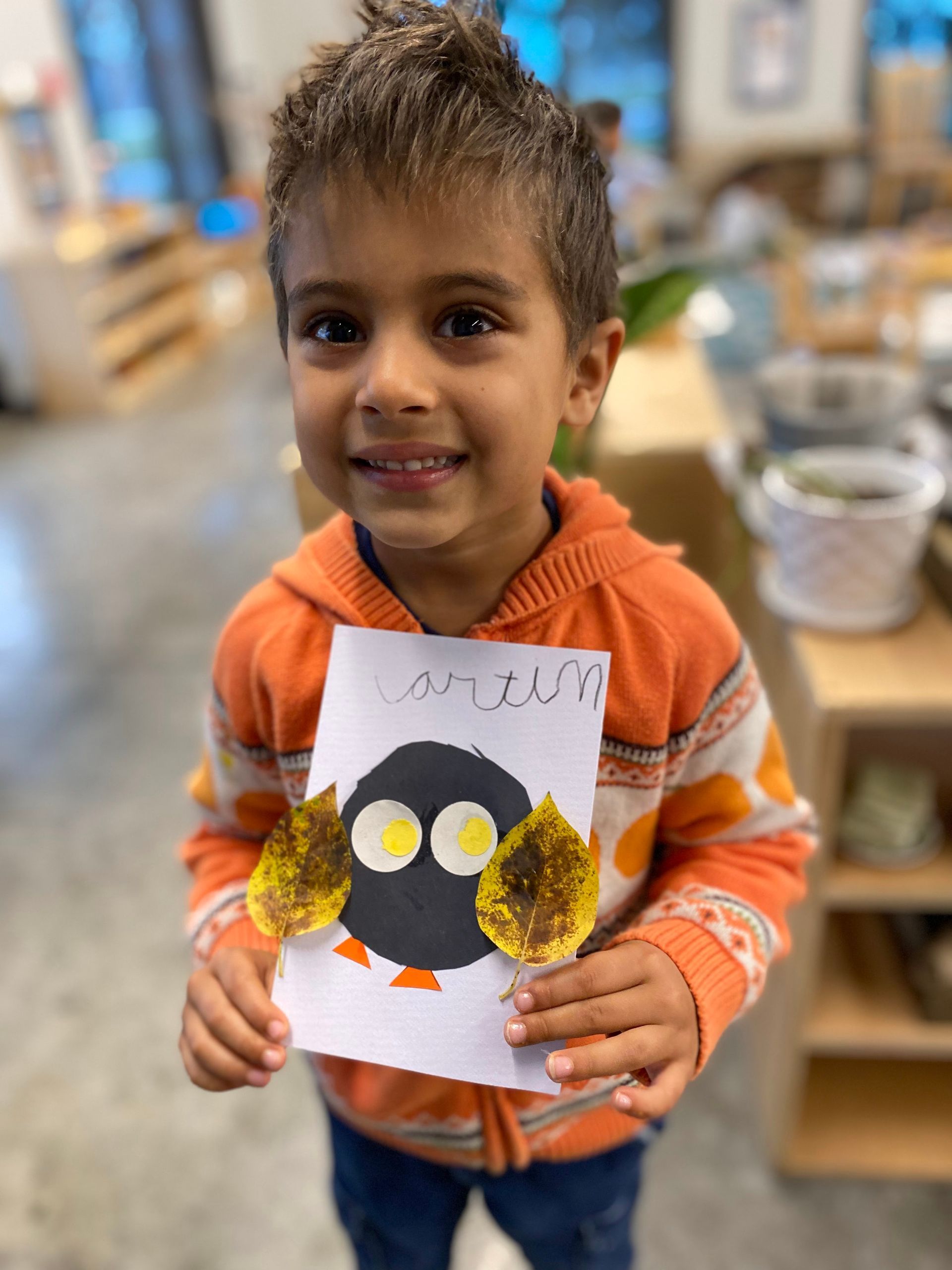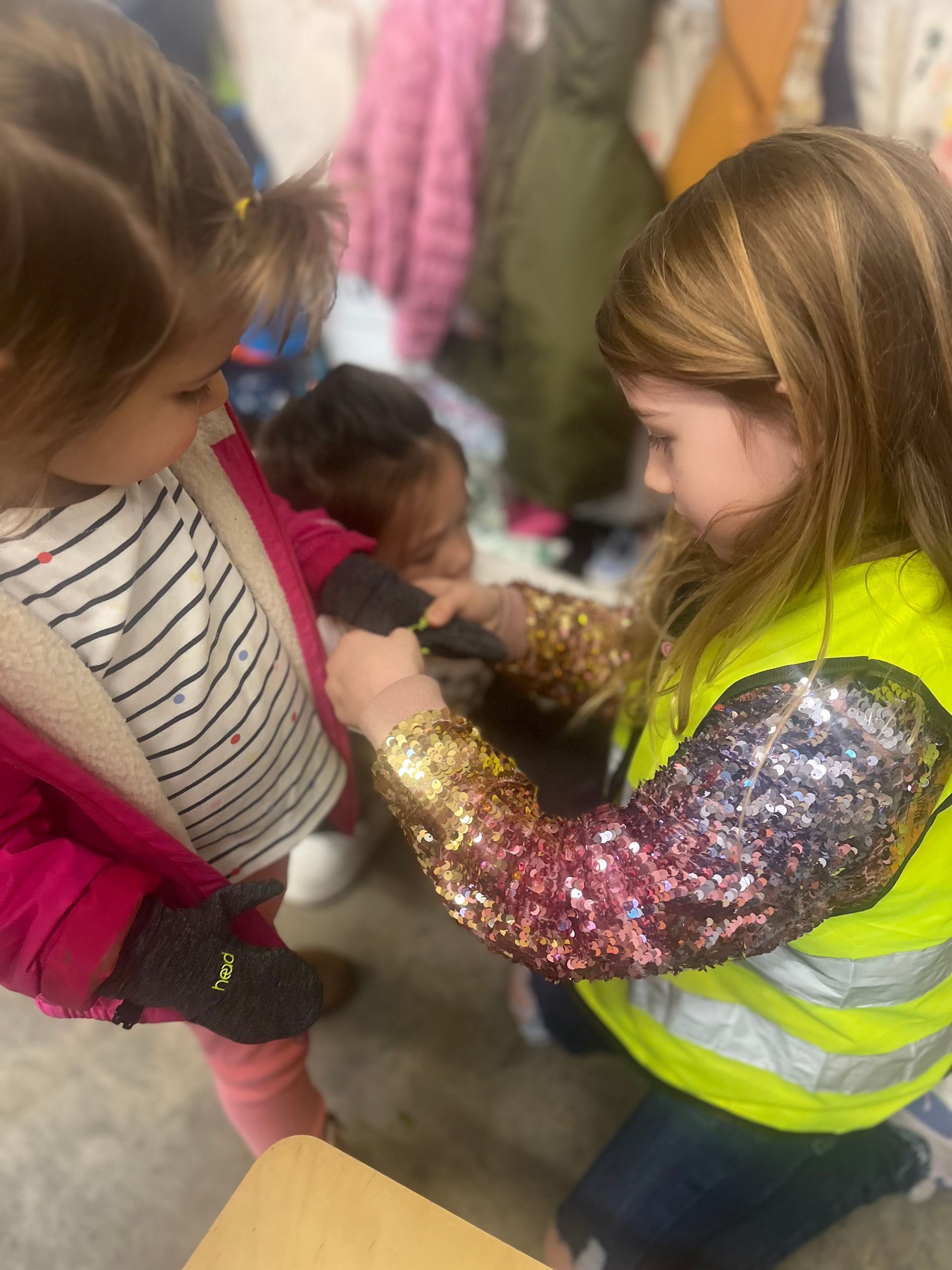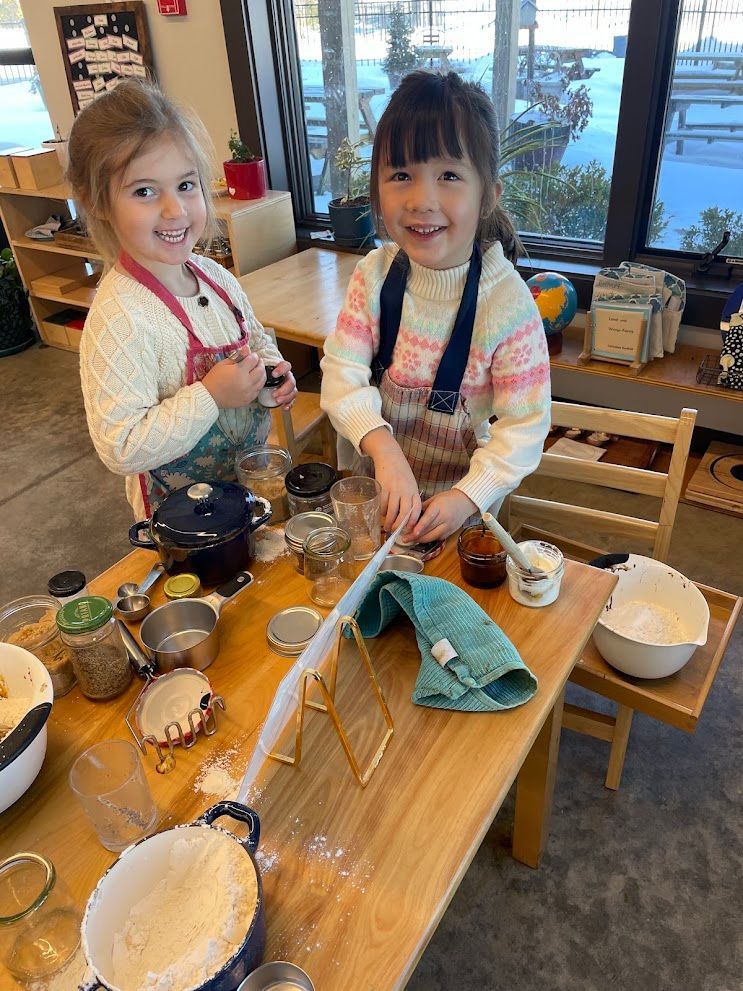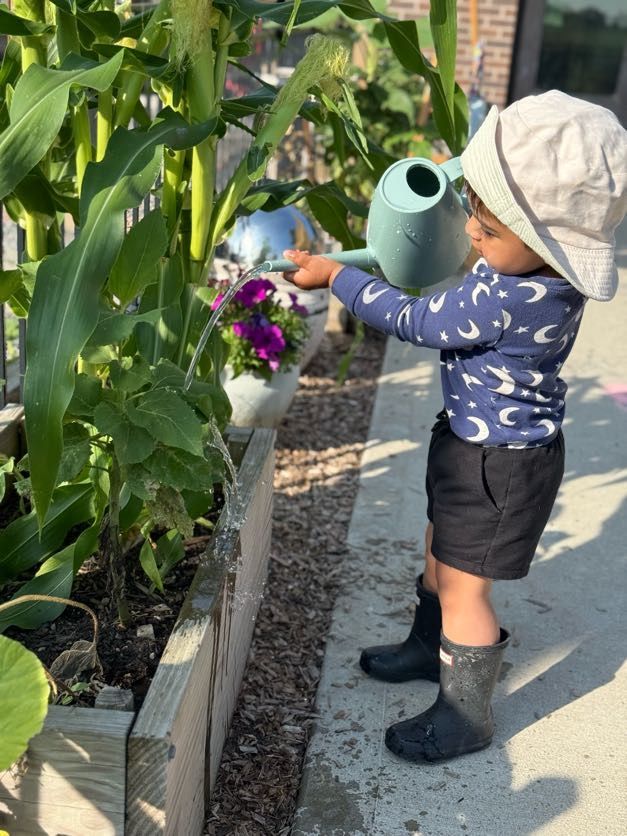"If you consider this absorbent mind in relation to language, you will understand how necessary it is to put a small child among people who speak well and correctly, and who talk a great deal."
MARIA MONTESSORI
The language we use with children is so important. In a Montessori classroom, you will notice that teachers do not overpraise their students. Instead, the teacher will guide the child not to seek external reinforcements. This allows them to build independence and a sense of confidence and self-worth. The way the child is spoken to is carefully phrased.
Examples of Montessori Phrases
Instead of jumping in and doing something for the child, instead try “I want you to try, but I am here if you need help.”
Instead of saying, “Good Job!” say, “I saw you working hard.”
When a child asks you, “Do you like my picture?” respond with, “What do you think about your work?” or “I notice many details in your picture, can you please tell me about them?”
When a child asks you where something is, pause and ask “Hmm, where could you look for that?” instead of immediately intervening to help. Allow the child to think and consider.
Instead of demanding, “Stop running” try, “We walk inside our house.” Offer an explanation for different situations.
Instead of commanding, “Sit down,” reframe it as, “In our home, we all sit down so that we may enjoy our dinner.”
Instead of prompting, “Stop that,” suggest, “Perhaps it’s time to walk away; you can come back to that when you’re ready.”
Instead of praising, “You’re so helpful!” acknowledge, “I appreciate your help with that, thank you.” Or, “I am so proud of you.” change the phrasing to, “You must be so proud of yourself.”
Instead of bribing, “If you hurry, we will go get candy later.” highlight the responsibility, “It is important to be where we need to be on time.”
Instead of saying, “If you eat all of your food, you can have extra playtime.” try, “Your body will feel good and be able to grow when you eat your food.”

